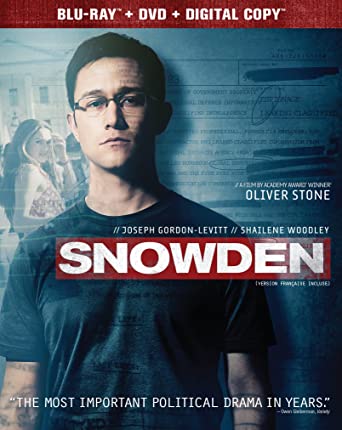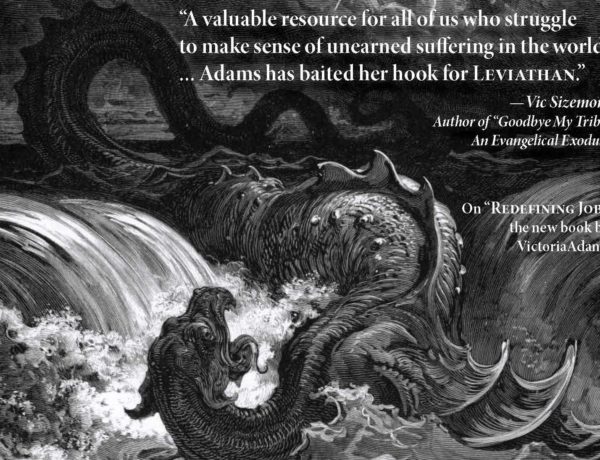I recently watched the movie Snowden, a bio-thriller released in 2016. The movie received mixed reviews and was not a box office hit. Personally, I thought the film asked some of the right questions, however close to the facts it may or may not have been.
Here is the thing when in comes to “intelligence” services. At the core of these efforts is the presumed need to know what other folks are up to so that you can prepare yourself for defensive or offensive action. For instance, it’s a good thing to know if someone is aiming a missile at you and when they might be ready to fire it. Protecting those that you care about, or your fellow citizens, seems to be a clear choice. Many men and women engage in any number of opportunities to do just that—serve and protect their country. So, when threatened, we can probably agree that it is a good idea to know what’s coming and what is needed to stop or evade the consequences.
The problem, of course, is that things get murky rather quickly. In the corporate arena, competition can be vicious. The resources expended to stay ahead of the competition can be massive – can involve corporate espionage, and most likely wander firmly into the illegal territory of outright theft. This, perhaps, we can agree is not a good thing.
The problem, of course, is that there is a vast wasteland between self-preservation and defense and the moment that you decide to steal ideas, research, and investment from others. This is the world where so much of intelligence gathering lives. What do we need, how much do we need, and when do we need it?
I remember having a conversation several years ago about what it must take to be a spy and keep some sense of core ethics about you. Being a spy, on many levels, requires that you lie. Perhaps you could manage to avoid telling an outright untruth, but the very fact that you present yourself as one thing when you are really about the business of doing something else is a lie. I believe, if the story line is accurate, that this was the first hurdle that Snowden had to hop. And he didn’t do it well.
Snowden, as portrayed in the movie, was all for country and maybe God. Willing to serve in the military and willing to accept whatever his government thought was right and true. Until he met his liberal lady friend who chose to challenge point one. We live in a country that values the ability to speak to power—and be heard. Until he was faced with the attempt to bring a foreign individual to his knees in order obtain an advantage, he had not been forced to put his ideals to the test in real life. The challenge began to niggle at the corners of his mind. Was it right to put a foreign national’s life in danger to cause him to get the DUI that would give us the leverage to gather information?
As he worked his way up through the intelligence community, he found his core convictions less and less in sync with the agencies using his skills. He knew American law. He knew that agencies were not supposed to surveil citizens without somebody somewhere seeing the reason and deeming it to be an imminent threat, one that would not be found and dealt with unless covert operations were used.
There are many stops and starts in Snowden’s journey, from the development of programs that would shut down entire power grids of allies to algorithms that helped identify where target individuals were at any given time. Then there are the drone strikes – real time information to take out targets, and anyone near. At some point he reached his tipping point.
To understand what Snowden’s problem was, we need to know something about the Foreign Intelligence Surveillance Act (FISA) and the court that vets the warrants submitted under its authority. The act circumvents Fourth Amendment rights by allowing warrants to be issued under the authority of a panel of judges that are appointed by the Chief Justice. There is nothing here where someone can say, “Hey wait, why are you doing this?” Now, there are folks that are certain sure that if you aren’t doing anything wrong you shouldn’t be worried. However, if you’ve watched enough cop shows you know that merely being in the wrong place at the wrong time or daring to be home alone watching TV with no one to confirm that can get you in trouble.
We can believe that at the outset the intent was a real effort to avoid mistakes such as what happened on 9/11. But power used in secret is power that often oversteps, and for Snowden, unfettered access to the personal lives of Americans was not acceptable. So, he tattled, he snitched, he risked everything to become a whistleblower.
Snowden was on his way to South America when his passport was revoked, and he became stranded in Russia. Russia has since granted him asylum and his lady friend has opted to join him in his exile. He paid a heavy price for following what he believed was the right thing to do. The truth of the matter is that what he had to say did bring about changes. He shown a light in some corners that people did not want seen and because of that, changes were made. Again, he paid a price for that small victory.
The question becomes then, what price are you willing to pay and where is the line you will not cross? Many of us will never have to define those answers – but you might think a bit about what your answer would be.




No Comments